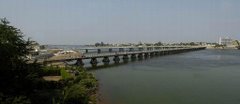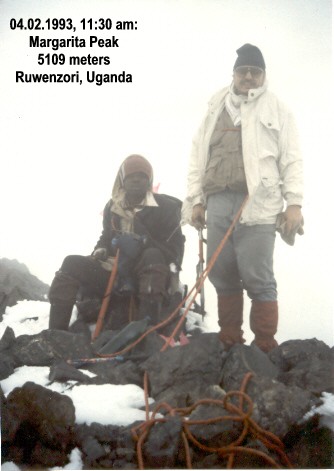Feature: The Incessant Retrogression of Black Folk
EPAs lassen grüßen!
"Today, Moderate Melanin controls everything: power, wealth, education, technology, natural resources that they do not naturally own. So it appears that Massive Melanin will remain in the shadow of Moderate Melanin for ages to come. So, why are things this way? Is it a lack of instruction or instinctiveness in Massive Melanin? Has it always been the case of an unmitigated penchant for self-indulgence, an insatiable desire for dominance, or a hardnosed willingness to crush the will of all who stand in the way, as far as Moderate Melanin is concerned? I need to know because I need to understand. So, if you have the answers, let me know, because I need to know and I need to understand. Once again, as the Patois-tinged lyrics of that great songwriter reveal, "Didn't my people before me slave for this country? Now you look me with that scorn, [t]hen you eat up all my corn." And the scorn is everywhere – when applying for a visa to go to Moderate Melanin's original abode; when seeking employment in Moderate Melanin's original abode; when attempting to make great strides in Moderate Melanin's original abode.
So, when will the humiliation and dehumanization end for the sons and daughters of Black folk? Could it be when they really come together to advance their own schemes? When their leaders start thinking about the welfare of the ordinary man in society? When their leaders demand that they be appropriately compensated for their natural resources? I need to know because I need to understand!" >> zum vollständigen Feature Article auf ghanaweb.com



